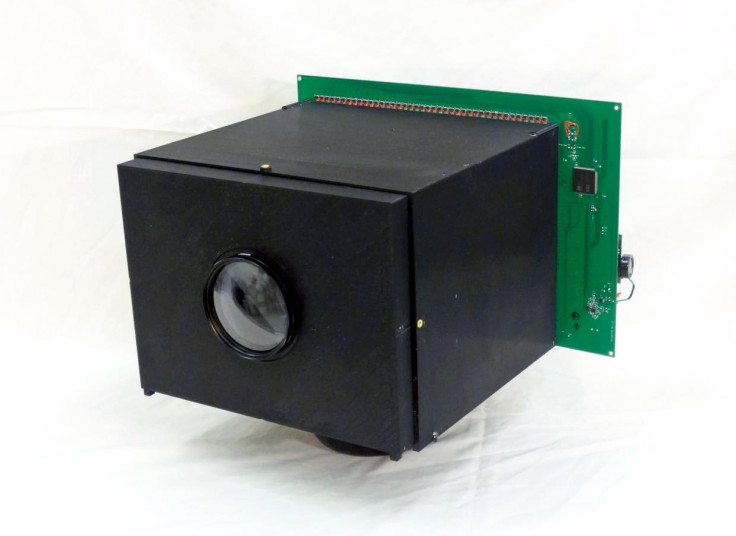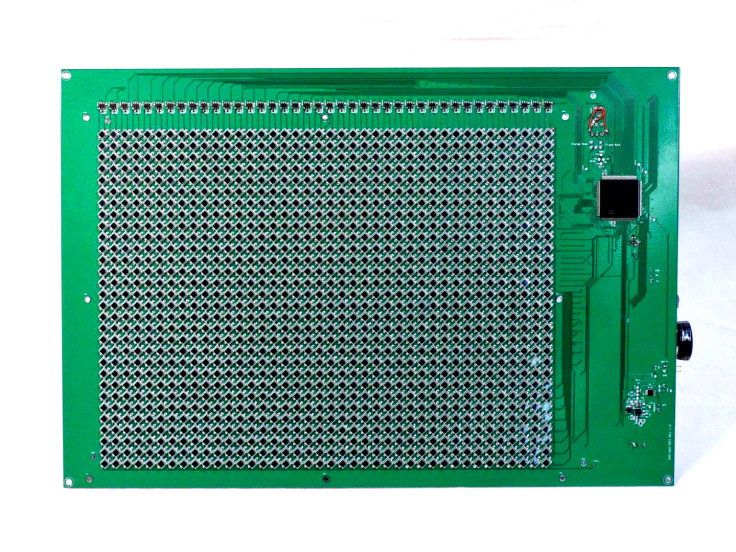World's first self-powered camera uses solar power and can keep recording video forever

Scientists at Columbia University have succeeded in inventing the world's first self-powered camera, which uses so little electricity that it can theoretically keep recording video footage forever.
The video camera consists of a 3D-printed plastic housing, off-the-shelf components and an image sensor developed by the researchers that is able to toggle between capturing ambient light in a well-lit room and converting it into electricity to power the camera, as well as capturing an image.
Conventional camera sensors are chips that contain millions of pixels. When the pixels are exposed to light, they use photodiodes to generate an electrical current, which the sensor uses to measure the intensity of the light. The measurement of the light is then used to produce images.
The researchers found that camera sensors work in a similar way to solar cells, which harvest light and turn it into electrical power, so they decided to build a camera sensor that could perform both functions in one go.
At the moment, the resolution of the camera is very low – just 30 x 40 pixels or rather .0012 megapixels – and the camera can only produce one image per second, but in theory, the camera could keep recording images forever as the image sensor can continue to harness light to power the device while capturing images at the same time.
"We are in the middle of a digital imaging revolution. I think we have just seen the tip of the iceberg," said Shree K. Nayar, a professor of computer science who directs the Computer Vision Laboratory at Columbia University.
"Digital imaging is expected to enable many emerging fields including wearable devices, sensor networks, smart environments, personalised medicine, and the Internet of Things. A camera that can function as an untethered device forever – without any external power supply – would be incredibly useful."

When the camera is not in use, it can also be used to generate power for other devices like a smartphone or watch. Having the ability to extend battery life would be a great breakthrough that could be useful to a huge range of devices, as the smarter your device is, the more electrical power is required to run the processors in it.
The researchers hope that their technology can be developed into compact solid-state imaging chips for the next generation of cameras.
"A few different designs for image sensors that can harvest energy have been proposed in the past. However, our prototype is the first demonstration of a fully self-powered video camera," said Nayar.
"We believe our results are a significant step forward in developing an entirely new generation of cameras that can function for a very long duration – ideally, forever – without being externally powered."
© Copyright IBTimes 2025. All rights reserved.






















